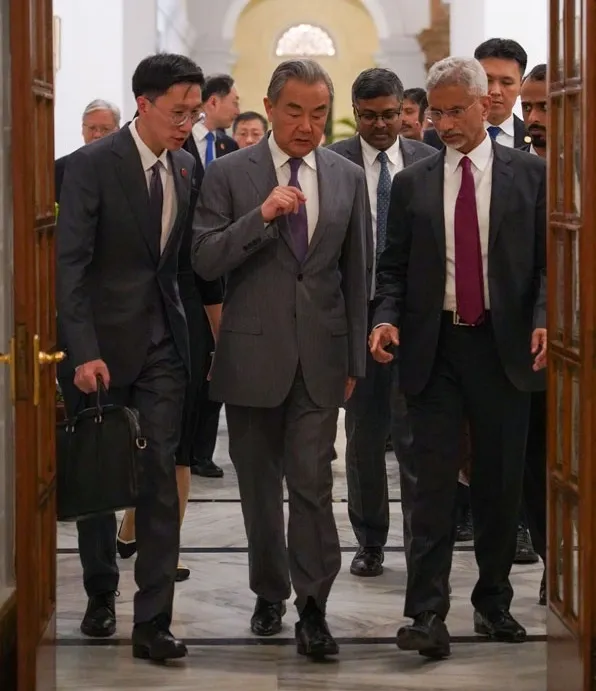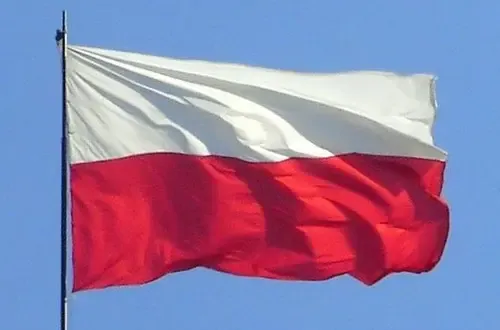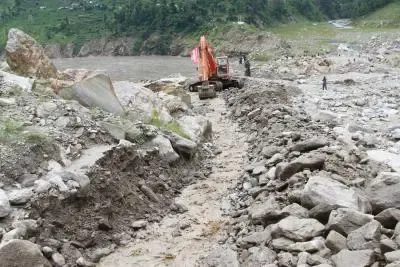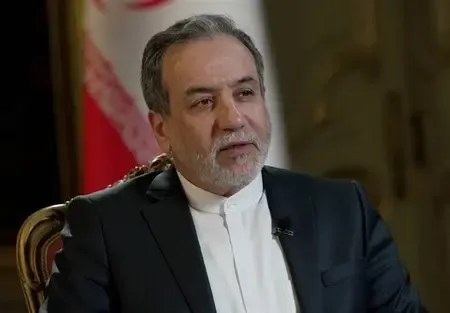Has India's Stance on Taiwan Shifted?

Synopsis
Key Takeaways
- India reaffirms its long-standing policy on Taiwan.
- Focus on economic and cultural ties remains strong.
- China's pressures on Taiwan have increased recently.
- Recent dialogues show an upward trend in India-China relations.
- Future engagements are set to be significant.
New Delhi, Aug 19 (NationPress) The Indian government on Tuesday reaffirmed its longstanding, clear, and consistent stance regarding Taiwan, emphasizing its commitment to enhancing interactions across various domains such as trade, investment, tourism, culture, education, and other forms of people-to-people connections.
"Our position on Taiwan remains unchanged. We emphasized that, similar to other nations, India maintains a relationship with Taiwan centered on economic, technological, and cultural connections. We aim to continue fostering this relationship," a source from the Ministry of External Affairs (MEA) commented shortly after Beijing indicated that Taiwan was discussed during the meeting between External Affairs Minister (EAM) S Jaishankar and visiting Chinese Foreign Minister Wang Yi in New Delhi on Monday.
The Indian administration also supports the legal employment of Indian workers abroad based on mutual interests.
China asserts that Taiwan is part of its territory and must be reunified with the mainland, even by force if necessary. In recent years, Beijing has escalated military exercises in the Taiwan Strait to exert pressure on Taiwan.
On Monday, National Security Advisor (NSA) Ajit Doval conducted the 24th round of Special Representatives (SR) dialogue regarding the boundary issue with Chinese Foreign Minister Wang Yi at Hyderabad House in New Delhi.
During his opening remarks, NSA Doval noted that India-China relations have shown an “upward trend” and highlighted that the borders have remained peaceful since the meeting between Prime Minister Narendra Modi and Chinese President Xi Jinping in Kazan last year.
"We have observed an upward trend. The borders have been calm. There is peace and tranquility. Our bilateral engagements have substantially increased, and we owe our gratitude to our leaders who were able to establish a new trend during their meeting in Kazan last October," NSA Doval stated.
He acknowledged that the “new environment” created by the Kazan discussions has been beneficial for both sides, allowing progress in various areas of cooperation.
Expressing hope for the current round of talks, the NSA mentioned that India anticipates this 24th SR-level dialogue will be “equally successful” as last year’s and will hold “special importance” during the Prime Minister's upcoming visit to China for the SCO Summit later this month.
"With the new energy and momentum, along with your personal efforts, and the maturity and responsibility shown by our diplomatic teams, ambassadors, and military forces at the borders, we have made significant progress this time," the NSA added.









